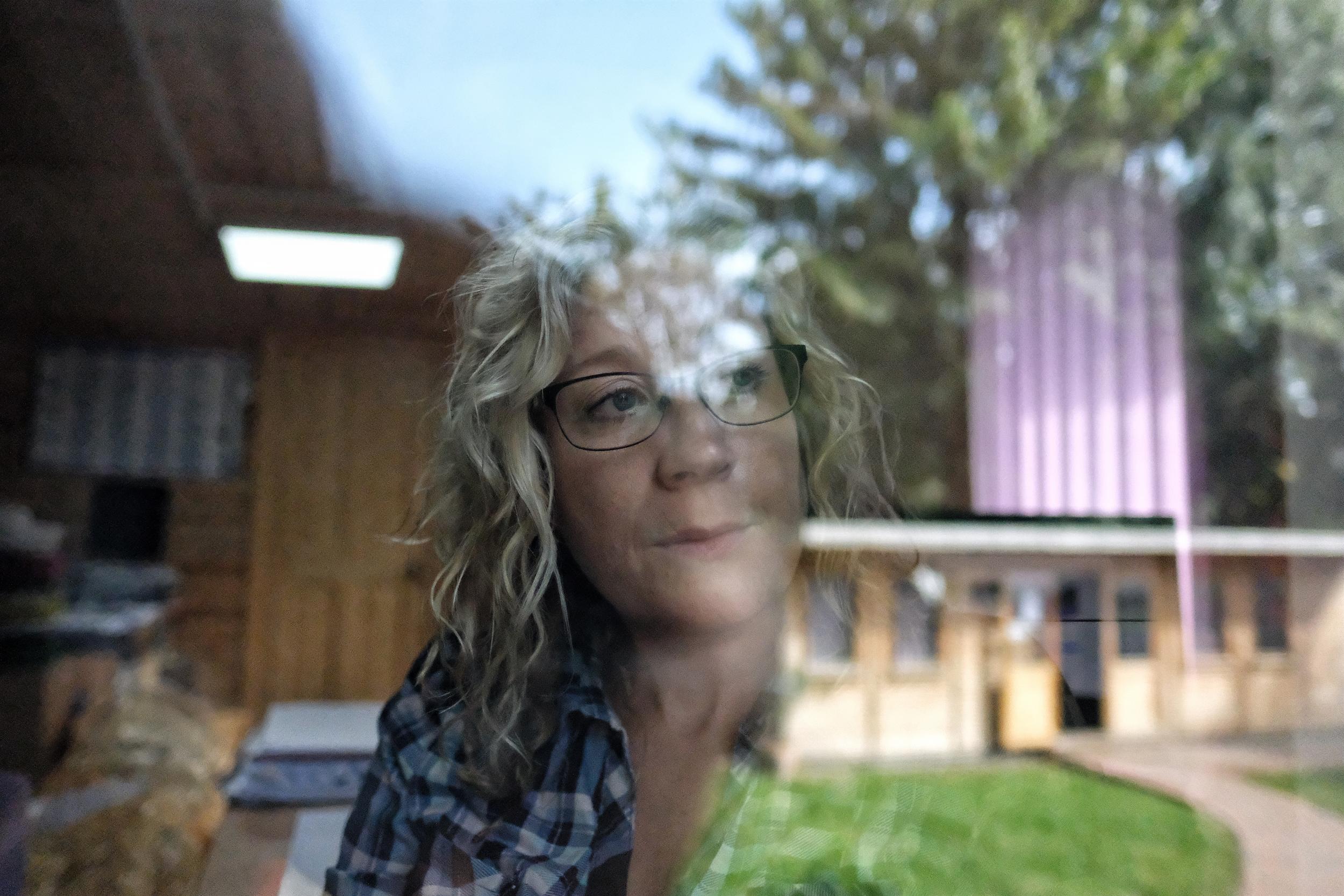Domestic violence survivors ‘disgusted’ as police suspects go unpunished
Suspects ‘should not be in police jobs where they are going to be abusing power and control’, survivor says

Domestic violence survivors are “disgusted” police suspects are going unpunished and staying in their jobs.
A new investigation has shone a light on “systemic” failures within forces when officers faces allegations of domestic abuse.
It found a small proportion of suspects are prosecuted or dismissed from their police jobs, while survivors working in forces can face persecution.
The watchdog probe - triggered by a super complaint by the Centre for Women’s Justice (CWJ) - found suspects also used police roles to deter victim from coming forward.
Domestic abuse survivors have described the report as worrying reading as it highlights crucial problems as authorities are meant to support victims.
“It is absolutely heart breaking and shocking to think a system and people - such as police officers who are meant to be in place to keep us safe - are using that power and control within their role to abuse victims further,” Emma Armstrong told The Independent.
“My perpetrator wasn’t within the police force but I had my own issues with getting the police to taking things seriously,” she said.

Ms Armstrong, who experienced physical, sexual and financial abuse in a past relationship, said she received “very hit-and-miss” intervention from police.
Fellow survivor Charlotte Kneer said the first thing that occured to her while reading about the watchdog report was “how afraid” women whose abusers are police officers must be.
She said she was “lucky” with the police officer assigned to her case, who she could trust at her most vulnerable.
“For someone else, they might not be that lucky and they might end up reporting to somebody who is a domestic ause perpetrator,” Ms Kneer, whose husband was eventually jailed for domestic abuse, said.

The report - led by the College of Policing and two watchdogs - said police need to improve how they respond to domestic abuse cases where the suspect is a serving officer.
It found police abused by fellow officers were not protected and the safety of the wider public was also not being adequately considered.
The probe also found victims lacked the confidence in the impartiality of the police and did not report their case, while there were examples of cases being closed prematurely without being investigated thoroughly.
It also highlighted cases where police officers carried on in roles - including ones working with vulnerable domestic abuse victims or that deal with firearms - despite being under investigation for domestic abuse.
But the investigation into the CWJ supercomplaint denied police perpetrators were “getting away with it”.
It found just 9 per cent allegations of police perpetrated domestic abuse from their sample involved a criminal charge.
This was slightly lower than the national figure for domestic abuse generally, which stands at around 11 per cent according to the Office for Nat ional Statistics (ONS).
Ms Kneer said this was not good enough, as accusations concerning police need to be taken extra seriously “because of the links between power and control that domestic abuse has”.
Suspects in forces “should not be in police jobs where they are going to be abusing power and control”, she said.
Ms Kneer said: “For me that link is the thing that is glaringly obvious and makes it even more disgusting so few of those cases ever reach a conclusion.”
Domestic violence charity Refuge said similarities with the national picture did not make the situation acceptable.
“While this report finds that criminal investigation of police perpetrated domestic abuse is typically of a ‘comparable quality’ to other domestic abuse investigations, this is damning with faint praise,” its chief executive Ruth Davison said.
“Criminal justice outcomes for survivors are already woefully inadequate, and trust in the system is widely broken.”
Ms Armstrong, who works with Ms Kneer at the domestic violence charity I Choose Freedom, said the new report simply highlighted: “Our criminal justice system is not doing what it should be doing to protect our victims.”
Her charity has seen a “number of victims” whose perpetrators are in the police, as well as survivors who have been in the police who feel there are “huge failings” in the system, she said.
Ms Kneer said she was grateful to the CWJ for bringing the issue to the forefront and “holding the police to account”.
Following the report, Deputy Chief Constable Maggie Blyth from the National Police Chiefs’ Council said: “We need the strongest possible response to police perpetrators of domestic abuse that recognises the risks they pose, protects victims and gives the public confidence.”
She added: “I am grateful to the Centre for Women’s Justice for raising this super complaint and for the thorough investigation that has followed. It identifies examples of good practice but also serious issues with the current police response to police officers who are accused of domestic abuse.
“Police forces are fully committed to putting this right and will act on the recommendations urgently.”



